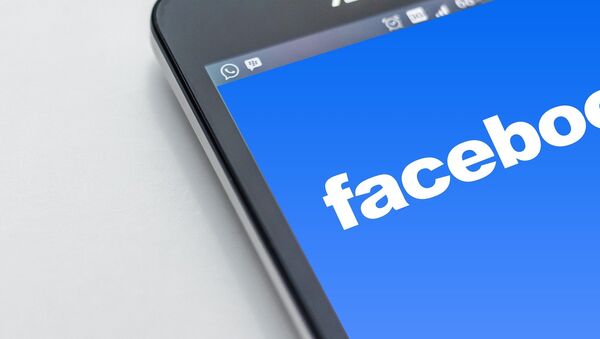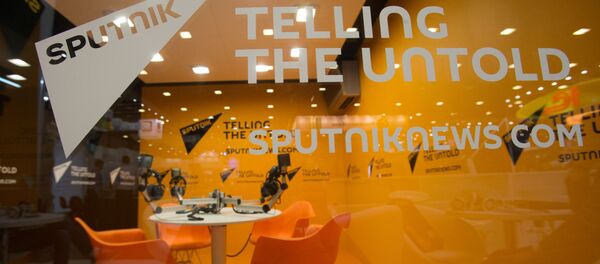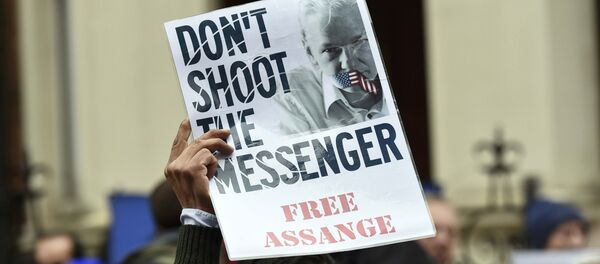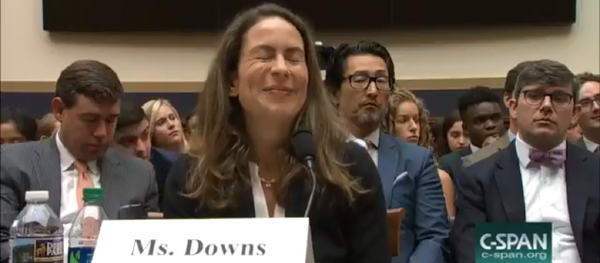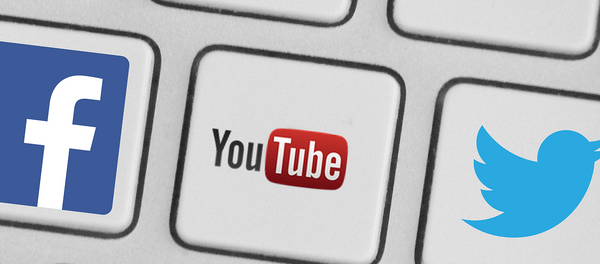Sputnik articles appeared on multiple pages on the platform dedicated to general interest topics: culture, fashion, cuisine, news in various countries. "The Page administrators and account owners primarily represented themselves as independent news Pages or general interest. Despite their misrepresentations of their identities, we found that these Pages and accounts were linked to employees of Sputnik, a news agency based in Moscow, and that some of the Pages frequently posted about topics like anti-NATO sentiment, protest movements, and anti-corruption," Gleicher wrote.
Facebook admits that Thursday's decision was based on "work by our partners who investigate this kind of activity" without naming these mysterious third parties. The partners in question, though, are not so subtle. The Atlantic Council's controversial digital forensic lab published its "research," which underpins Facebook's announcement. It reads: "Latvian investigative TV show De Facto interviewed Editor-in-Chief of Sputnik Latvia Valentīns Rožencovs, who confirmed that Sputnik itself was running the pages. He further argued that this was "normal content promotion."
Sputnik employees weren't trying to operate these pages in secret — not by a long shot. They openly spoke about their work in TV interviews — and Facebook and its "partners" were long aware of it.
Facebook's false claims don't end there. According to the company statement, Sputnik-associated pages spent around $135,000 on ads "paid for in euros, rubles, and US dollars. The first ad ran in October 2013, and the most recent ad ran in January 2019." Sputnik, however, didn't even exist until November 2014. The organization cannot have been coordinating activity before it came into being.
None of these facts were presented by mainstream media though, which just ran with Facebook's version of events.
"Mainstream media tends to report simply whatever Facebook puts out as its statement about these situations," Ford Fisher, founder of the media startup "News2Share," told Radio Sputnik's Loud and Clear Thursday. And it's not only Sputnik under attack, he noted: just a few months ago, the social media behemoth "cleansed" the pages of hundreds of US independent media outlets under very similar false pretenses.
"It was just this weekend that I participated in an event called ‘United for Common Ground.' It was an independent media summit in Houston, Texas, where a number of people in the independent media kind of gathered together to talk about how we would sort of fight back against social media censorship," Fisher said.
"These were independent organizations — of course nothing to do with Sputnik or Russian media or anything like that — but a number of actually independent news pages have been censored where either individual videos are taken down, where they're marked as spam, particularly if they promote alternative social media sites such as ‘Steam It' or ‘Mines,' which are alternatives to Facebook and YouTube, and some people have had their pages deleted outright, such as The Anti-Media and The Free Thought Project."
For many, the most problematic aspect of this new media censorship is who serves as the self-declared Ministry of Truth on Facebook and other platforms.
"We've really seen tons of money from oligarchs like Pierre Omidyar, George Soros… these American billionaires are pouring huge amounts of money into these private organizations to work as fact-checkers and to rate news agencies and have their ratings installed as software on computers and phones and in libraries and universities to basically materialize their rankings. So, if you're ranked bad, you can't get access to that website at a university or on your phone or whatever," MintPress writer Alex Rubenstein (formerly a writer for Sputnik) told Loud & Clear host Brian Becker. "And really, this is being done in partnership with groups like the Atlantic Council, in partnership with, really, some of the worst players of the neoconservative movement like Bill Kristol."
Major donors to the Atlantic Council include NATO, weapons manufacturers like Lockheed Martin, Raytheon, Boeing as well as some European governments and Gulf monarchies. But somehow, Facebook doesn't see these connections as an issue. Instead, it happily relies on Atlantic Council "research" complaining about anti-NATO content and fabricating reports branding non-mainstream news outlets as "spam" and "inauthentic" — even when the platform must know that this is not true.
